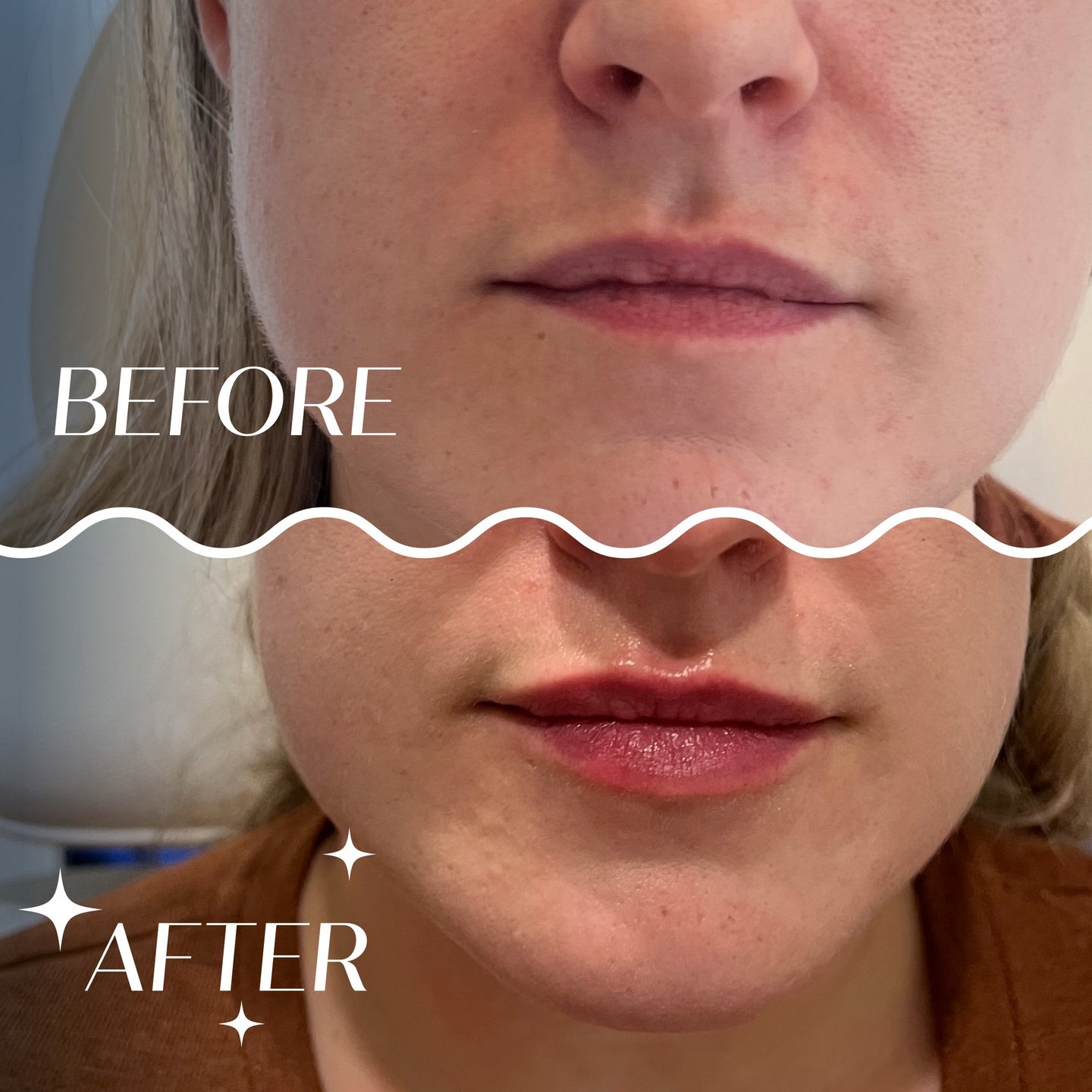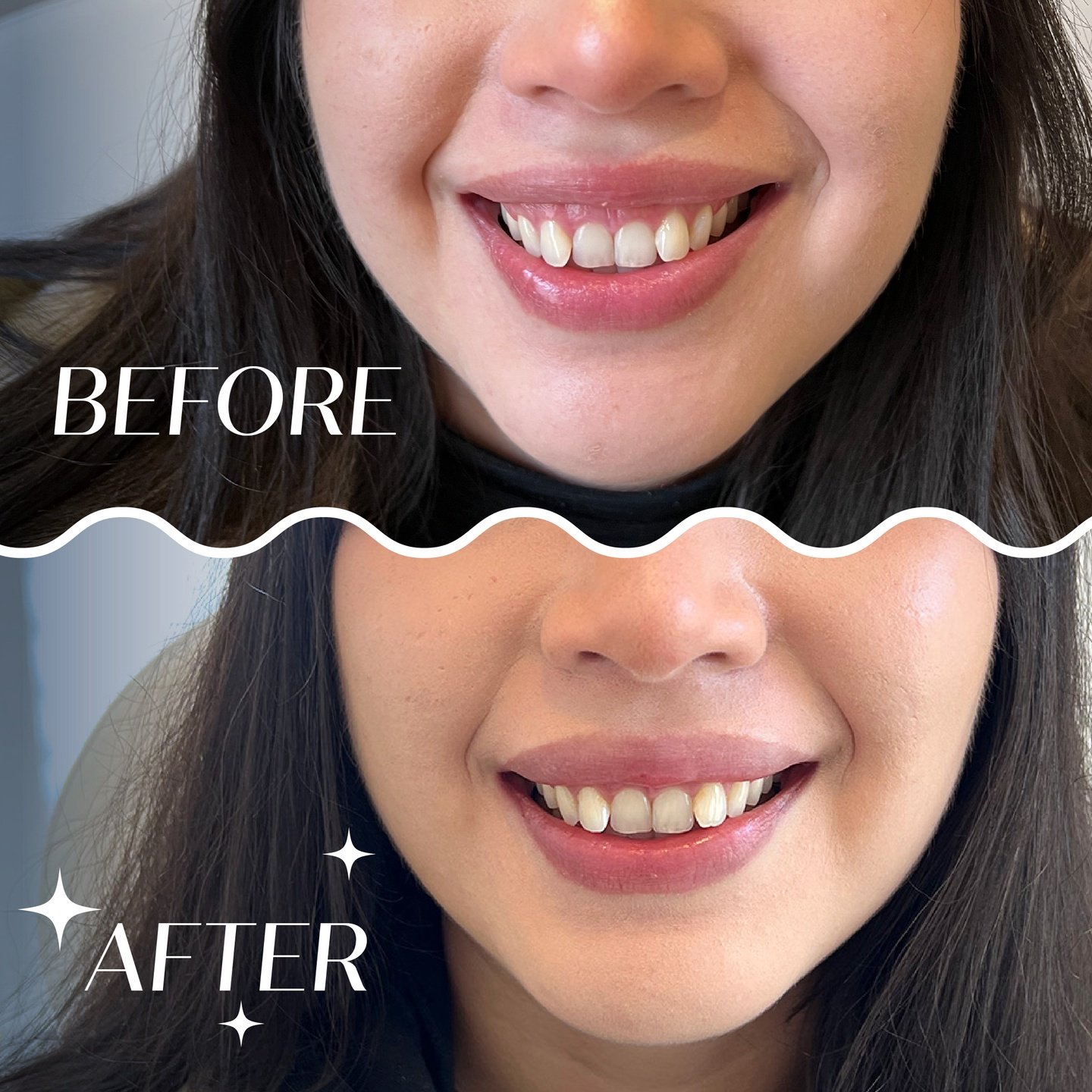
Neuromodulators (botulinum toxins such as Botox, Dysport and Nuceiva) are best known for their cosmetic uses, but they have a wide range of medical applications as well. In fact, what's now called Botox was originally discovered by an ophthalmologist working on a treatment for crossed-eyes... a happy accident!
Here are some interesting non-cosmetic ways that they're used in medicine, sometimes with life-changing results: 1. Excessive sweating (hyperhidrosis): Those who suffer from excessive sweating often use the word "embarrassing" to describe how it affects them. In 2001, Health Canada authorized Botox for hyperhidrosis. Injections can help to block the chemical signals from the nerves that stimulate sweating. This can provide significant relief and help one feel more comfortable in social and professional situations. 2. Chronic Migraines: Many people suffer from chronic migraines, a truly debilitating condition. In 2011, Health Canada authorized Botox as treatment to prevent or reduce migraines. Neuromodulators work by blocking pain receptors, temporarily limiting certain muscles and/or reducing inflammation. Many clients are relieved to discover another option after having tried pain or migraine medications with limited success. 3. TMJ: Temporomandibular joint (TMJ) disorder is a condition that causes pain and dysfunction in the jaw area. Neuromodulators are often injected into the muscles around the TMJ to help relieve pain and improve function. 4. Muscle Spasms: Botox has also been authorized to treat overactive muscles to reduce the frequency and severity spasms in a variety of areas, including the neck, shoulders and eye area. It works by blocking the release of a chemical that signals the muscle to contract. It is commonly used to treat twitching eyes (blepharospasm) or chronic conditions like cerebral palsy and multiple sclerosis. 5. Bladder control: Neuromodulators can be injected into the bladder muscle to help relax it and reduce incontinence, which works by temporarily reducing the ability of the muscle to contract. This can help to control urinary leakage and improve quality of life for people who suffer from incontinence.
Neuromodulators have been referred to, tongue-in-cheek, as "medicine's answer to duct tape". They have a wide range of on-label and off-label medical applications that can be extremely helpful for people who suffer from conditions like excessive sweating, migraines, TMJ, muscle spasms, bladder control and much more. If you're struggling with any of these conditions, talk to your health care provider to discuss whether they're right for you. As with all medical treatments, there are both risks and benefits so it's important to have that discussion with an experienced practitioner!
ElevateRx Medical Aesthetics provides consultations and treatments for Chronic Migraines, Excessive Sweating (Hyperhidrosis) and TMJ / Bruxism in Ottawa, Ontario. To learn more, please visit our website to book a consultation with a qualified Nurse Practitioner or Physician.




